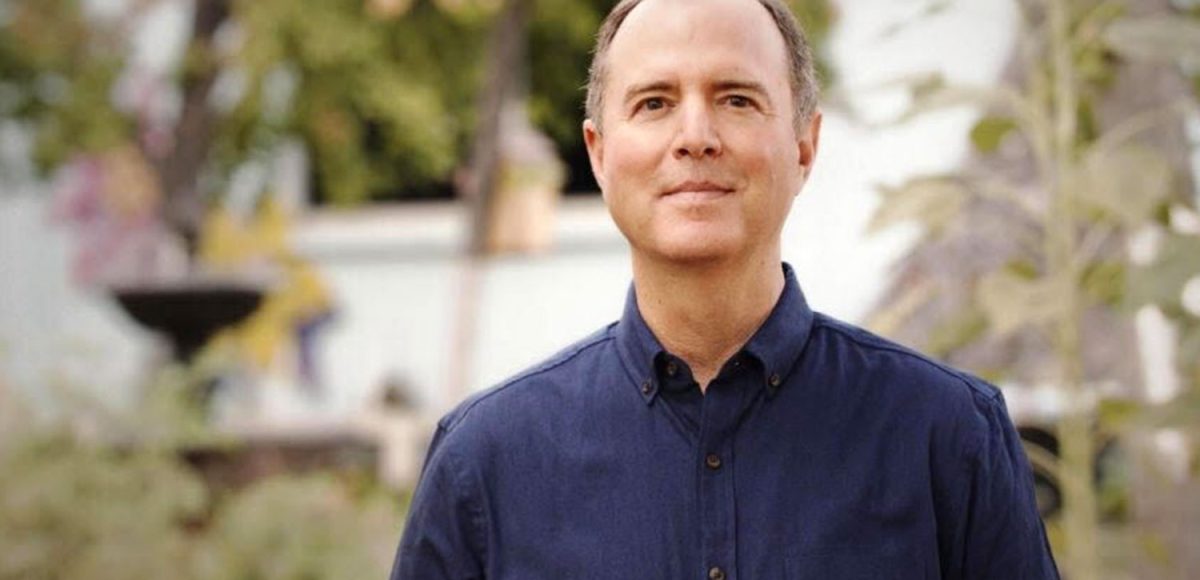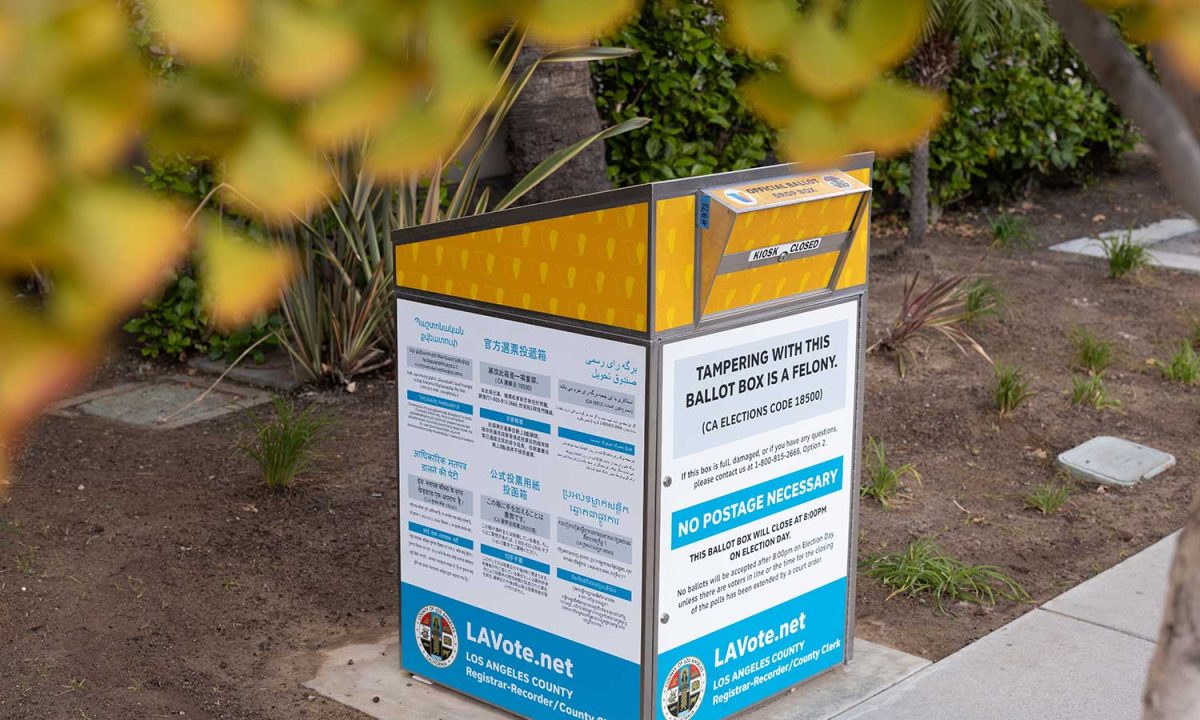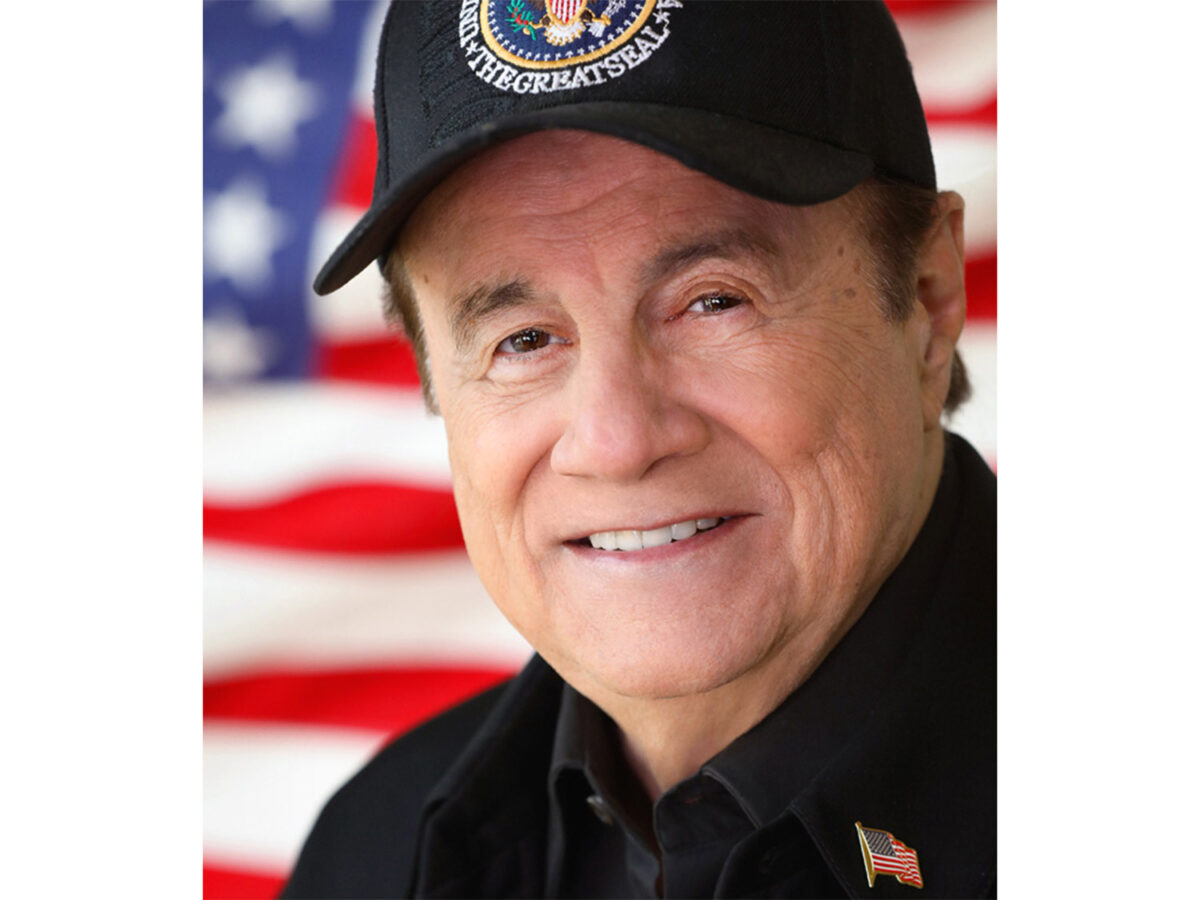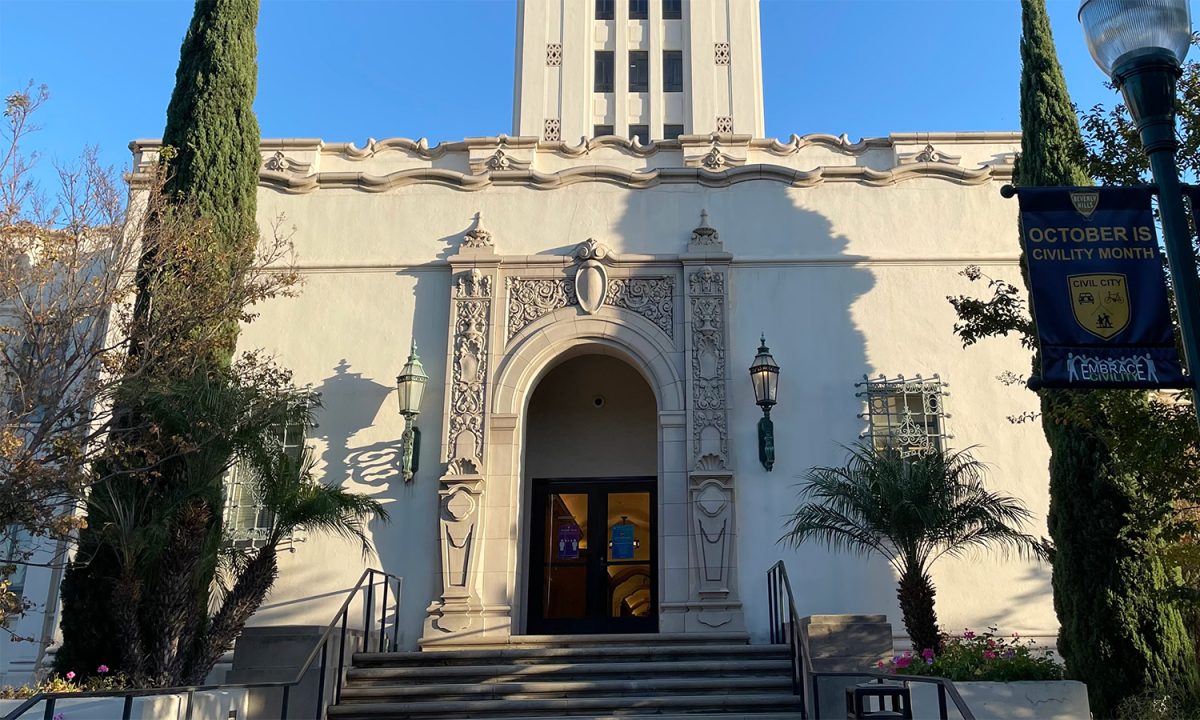The election to replace California Senator Dianne Feinstein is a year and a half away yet, but the race is already in full swing. Feinstein, 89, announced earlier this year that she will not stand for reelection to a seventh term in office. That leaves a rare open seat with no clear frontrunner in the November 2024 race. Three high-profile Democratic candidates have already announced their candidacies, and the Courier spoke recently with one of them, Rep. Adam Schiff (D-Burbank). His 30th District encompasses Burbank, Glendale, Fairfax, Hancock Park, the Hollywood Hills, Larchmont Village, Los Feliz, Mid-Wilshire, Park La Brea, West Hollywood and more.
Schiff served in the California State Senate for four years prior to his election to Congress in 2001. Now in his 12th House term, Schiff gained considerable notoriety by leading the first impeachment inquiry into President Donald Trump in 2019. He subsequently served as a member of the House committee investigating the January 6, 2021 attack on the U.S. Capital.
Schiff provided these insights for the Courier into the Senate race he has described as “the fight of our lives.”
BHC: You have served a diverse district for more than two decades in the House. How does that experience translate into statewide office?
Schiff: I want to champion California’s values and its interests. In particular, I want to fight to make the economy work for everyone so everyone has a chance to succeed and find a place to live, has access to quality healthcare and can put food on the table. Making the economy work for everyone is my top priority. I want to continue the work I’ve been doing to defend our democracy, which is still at risk, tragically. I don’t think we’re out of the woods by any means. I want to work on helping to save the planet and attacking the problem of climate change. These are three of our paramount challenges. I think you can see the fragility of our democracy in the continued assaults on the rule of law, as well as the diminution of the rights of the American people, the attack on reproductive freedom and the undermining of voting rights. These are my priorities: our democracy, our economy and the planet.
The crisis of the unhoused continues to affect Southern California, as well as the entire state, especially in major cities. What can you do as a U.S. Senator to help provide some effective solutions?
I think the housing crisis is really perhaps the top issue in California. It’s a sign of the broader challenge with the economy, that people are working full-time but not earning enough to find a place to live. But it’s also a sign that we haven’t adequately addressed mental health problems and substance abuse problems. I’ve been working to bring millions back to California to invest in mental health care, to invest in affordable housing. I’ve introduced legislation to create tax incentives for the construction of more affordable housing and to use hotels and motels as temporary shelter for people. I think what the federal government can do is not tell every city how to handle homelessness, but rather to provide the resources, to provide the metrics, so we can determine what’s working and what is not working and share best practices in dealing with homelessness that we learn from other parts of the country. But this is a top priority for me.
In my experience, Californians are very generous. They’re willing to spend money to try to solve this problem, but they want to know that what they’re spending is working. In too many parts of the state, there are more people becoming homeless than are being taken off the street, and so we’re going backwards, not forwards. My intention is to continue to bring people together to find a consensus on solutions, to continue to bring resources back to California. We’re a donor state, and we need a Senator who’s going to be in there fighting to bring dollars home to California to help solve this problem and bring accountability with those dollars.
The issue of Sen. Feinstein’s health is a delicate one. She has been absent a good deal of this year due to health problems and faces calls for her to step down. Do you have any comment on the possibility of her resignation? And if she does resign, any insight into what Governor Newsom might do to fill that vacancy?
Senator Feinstein and I are very close. We’ve worked together for years on Intelligence Committee matters, as well as she’s an appropriator. I’m an appropriator in the House. We work together to bring millions back to California to help address the needs of Californians. I hope that she gets better and comes back soon. I know that is fully her intention, and I want to give her the space to be able to recover and return to work. If down the road at some point, the Governor should find it necessary to appoint someone, I think that the voters are going to want to decide this race. They’re going to want to be able to make a choice. The campaign is well underway by now, so I think that the voters and the Governor are going to want Californians to make this decision.
So, in other words, you think a caretaker type of appointment would be in order?
I think that that’s the way most Californians would feel, that they would want to make that decision without advantaging anyone in particular, and so that’s what I think voters would want.
Thus far, your announced competition in the Senate race includes Rep. Barbara Lee (D-Oakland) and Rep. Katie Porter (D-Irvine). How do you best distinguish yourself from these two formidable colleagues?
I’ve got two great colleagues who are also running that I’m very fond of. We’re rivals under the same flag in that sense. I think what distinguishes me is my record of effectiveness, of actually working together with others of varying viewpoints to get things done for Californians. I’ve been able to pass dozens and dozens of bills with Democratic and Republican governors and Presidents, whether it was my work to establish an early earthquake warning system in California; or my work to build the light rail, the Gold Line; my work to bring up-to-date textbooks into our schools or to provide a patient’s bill of rights in the state legislature and in Congress. It is that record of effectiveness at bringing people together and forming a consensus around solutions that I think distinguishes me. And I also think that during this decade, when our democracy has been in danger, I’ve played the leadership role in defending our democracy and our institutions and standing up to the extreme MAGA forces. I think that record also distinguishes me in the field.
You mentioned earlier that we are not out of the woods in the fight to defend our democracy. Do you have any comment on the charges in New York against former President Trump?
Yes, I think that the indictment in New York is an affirmation of the principle that no one is above the law. If Michael Cohen had to be prosecuted and go to jail for his participation in a hush money payment scheme, then a person who allegedly directed him shouldn’t get a pass. I think the charges being considered by the Justice Department and Georgia are even more serious, and I hope those authorities reach a resolution soon. In the January 6th Committee, where I was proud to serve, we recommended the Justice Department consider a number of charges against the former President and others for inciting that insurrection and for attempting to interfere with the peaceful transfer of power, and those investigations have been going on a very long time, and I hope they come to a conclusion one way or another in the very near future.







